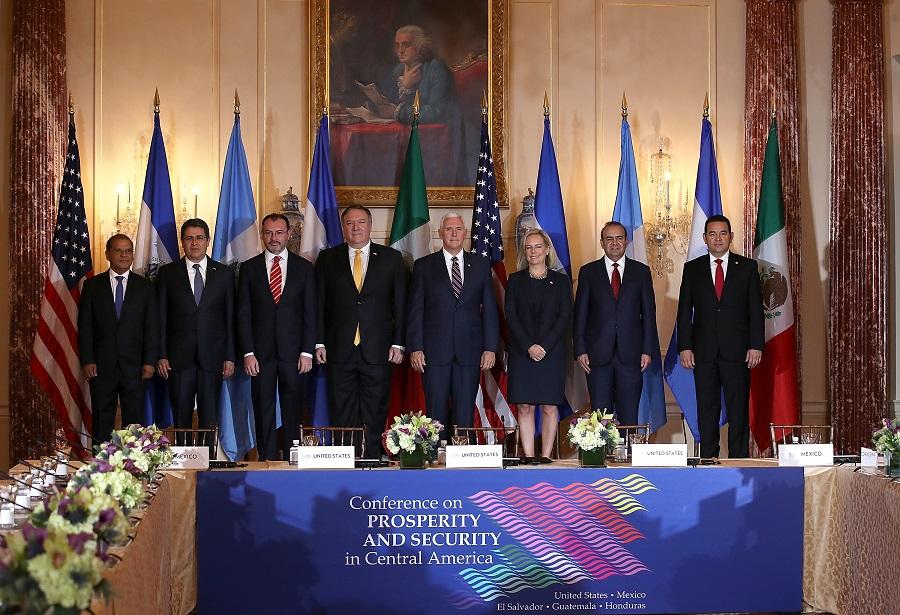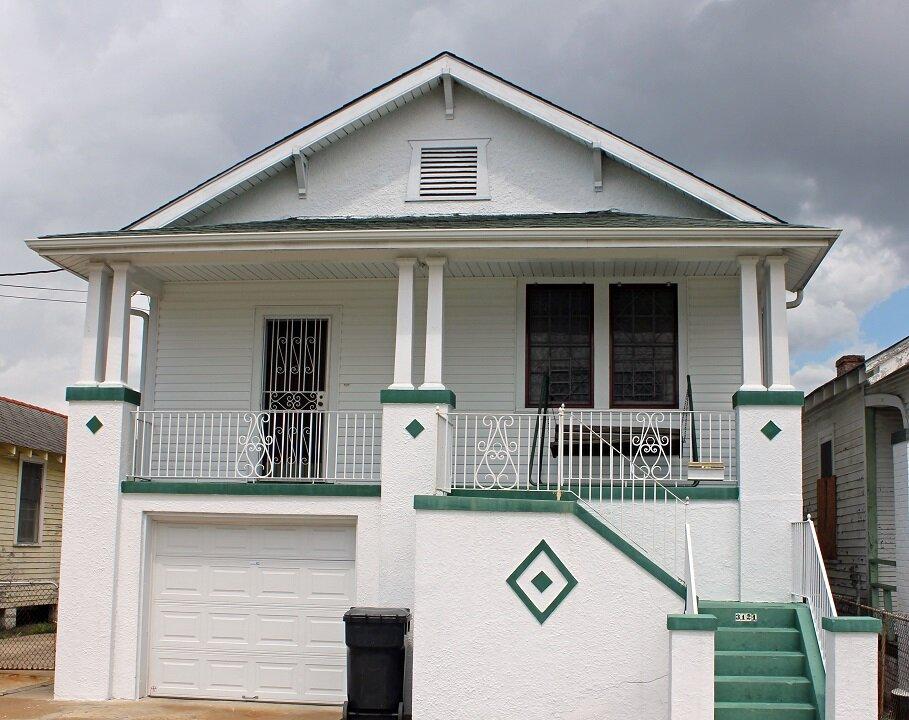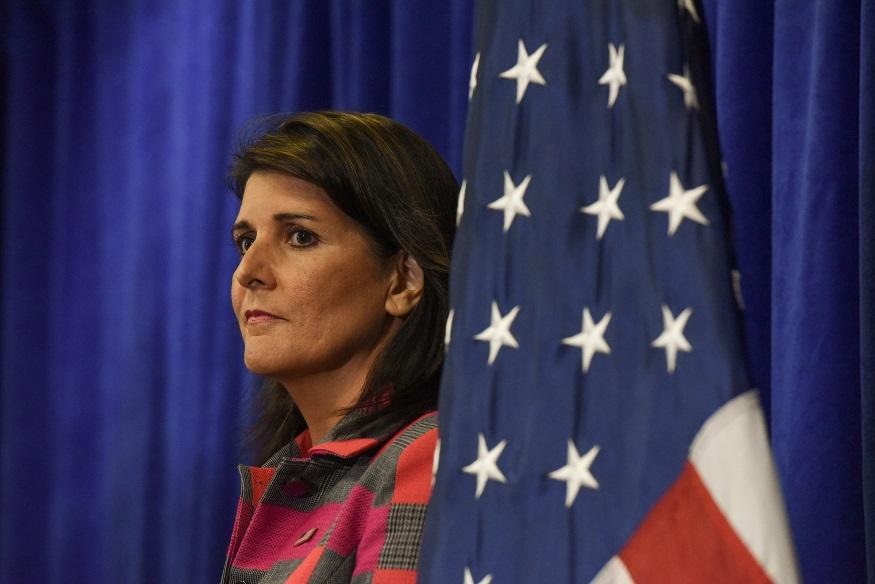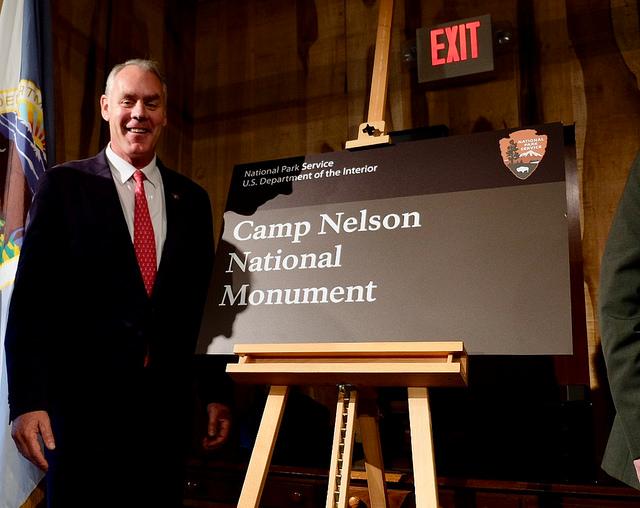From the campaign trail to the White House, President Donald Trump has made halting the flow of illegal immigration into the United States a top priority. He’s been pressing for a new border wall, has added border patrol agents, and has stepped up the level of enforcement of U.S. immigration laws.
But one of the less heralded efforts has been the creation of a partnership that encompasses the United States, Mexico, and the countries that comprise Central America’s Northern Triangle: Guatemala, Honduras, and El Salvador. The idea behind the partnership is to address the challenges that lead residents to flee those countries and make the dangerous journey north to the United States. Those factors include a lack of economic prosperity, gang violence, and government corruption.





